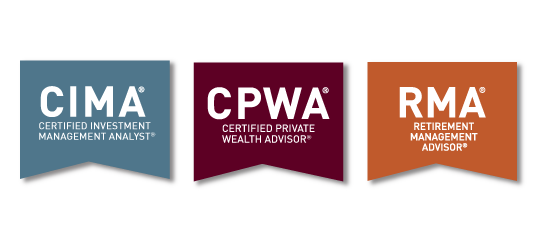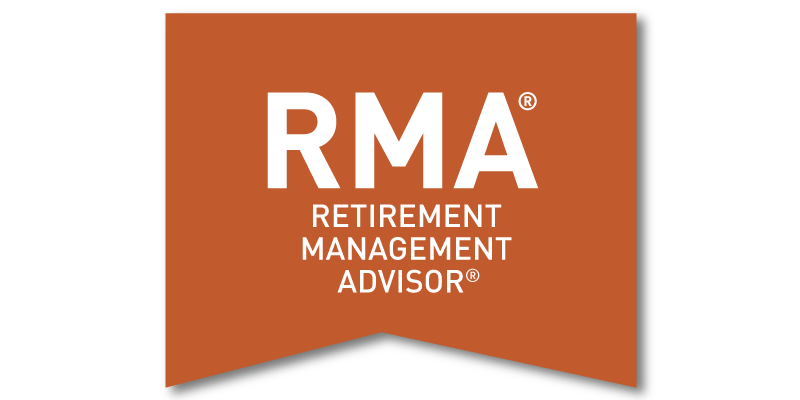What Criteria Should You Consider When Choosing a Financial Advisor or Wealth Management Certification Program?
Across the realm of financial advisory certifications and education, various organizations offer programs promoting a range of perspectives, agendas, and products. To choose the best financial advisor, wealth manager, or retirement planning certification, ask questions about the organization that’s providing the education, how the curriculum is developed, reviewed, and delivered, and the value it will provide.
Who provides the certification program?
Look for an authoritative organization with a solid reputation. Ask about the organization’s history and stability: Are they well managed, do they foster active industry connections, and will they be around in the future to help you continue learning?
Is the certifying organization objective?
Some organizations may function within a narrow agenda or promote specific financial products. Look for educational offerings that are supported by continually evolving academic theory, real-world best practices, and informed industry analysis.
Is the program standards-based?
Accreditation by an international or national standards organization such as ANAB or NCCA helps ensure the program meets essential requirements and is guided by accepted best practices.
Are certificants held to an enforced code of ethical and professional responsibility?
A documented Code of Professional Responsibility indicates that the certifying body adheres to a high standard of ethical behavior that’s essential for building and maintaining client trust and loyalty. Understand whether such a code is in place—and whether it’s enforced by revoking certification from those who fail to uphold it.
Is the curriculum rigorous and advanced?
An advanced certification can be a significant investment of your time and effort. It’s not easy—but it’s not meant to be. Demanding courses will require you to move beyond your existing knowledge and genuinely learn something new so that you can deliver positive results for your clients.
How is the curriculum developed, reviewed, and updated?
Look for instruction, research, and resources that are both peer-to-peer and peer reviewed, ensuring the information encompasses the most effective, modern, and best-practices-based approaches in the financial advisory industry.
Is the information current and relevant?
Education and credentials should directly address contemporary investment and wealth management challenges.
How are the courses delivered?
Certification courses may be online, in person, or hybrid (a blend). Courses may be on-demand and self-paced, or you may be required to attend or complete courses on a set schedule. Determine what model will enable you to fit the learning into your professional and personal life.
What is the total cost of the certification?
You should be able to easily find and calculate program costs. Look for upfront costs as well as expected costs for any required continuing education to maintain your certification. In addition, some programs may offer scholarship assistance to qualified applicants.








